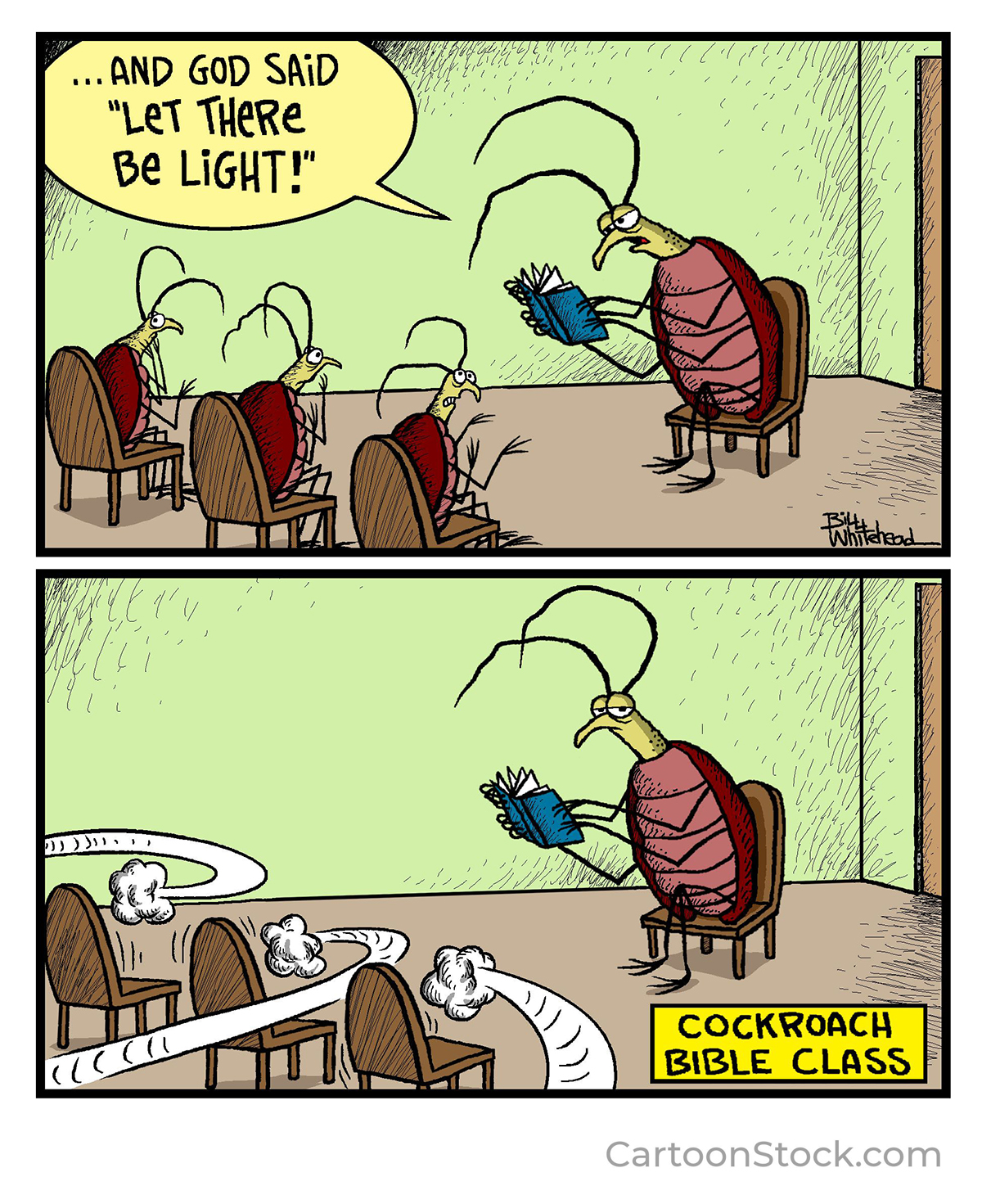CRN’s Supplemental blog is no longer taking submissions, but the association is offering new vehicles to share your thoughts on topics relevant to the dietary supplement industry. See our Q&As and Take 5 videos and contact Comms@crnusa.org with your ideas.
June 6, 2022 | Join the conversation on LinkedIn
CRN and staff posts are intended for the education of the public, our industry, and our members. CRN welcomes differences of opinion and debate. We reserve the right to moderate comments containing misinformation or disrespect.
By Derek Lurth, CEO and Co-Founder of Healthloq
Global supply chain challenges are making essential ingredients and downstream products harder to source—from authentic dietary supplement ingredients to infant formula—increasing systemic risk and the occurrence of economically motivated adulteration. Trust is challenged, especially during periods of scarcity. The ease with which information (and ingredients) can be manipulated, misrepresented, or falsified by irresponsible or malicious individuals justifies skepticism and demands extra vigilance in how we source.
The old way of supplying and marketing—where companies keep their information close to the vest and “tell stories” hoping it is enough to convince consumers to buy from them—is dying. Consumers are demanding more. To gain trust, responsible companies need to “market truth” by disclosing more information and providing evidence that consumers can verify for themselves. This is especially true of claims made about safety, sourcing, and sustainability. Verifiable transparency engenders trust.
There are new technologies that can be utilized to promote trust with the consumer of the future (and present). One of these is blockchain. At its core, blockchain is a collection of technologies which can provide a more secure and transparent method of keeping electronic records. To help explain this, let's say in the middle of a small town there is a town square with a book that is maintained with all of the transactions that take place in the town. Every transaction in the town is recorded on that ledger and can be available for inspection. You can see who made each entry and when the entry was made. No one can rip pages out of the ledger and past entries can't be altered. This illustrates how an immutable blockchain ledger can be a digital "single source of truth.”
Blockchain enables the “law of witnesses” to work in the digital world. For thousands of years, judicial systems around the world have operated under the premise that a testimony is more credible and trustworthy if there is a witness who substantiates the facts or version of events as told by the first party. If there is a witness that supports and agrees with the first party, then truth becomes clear and established. The court of public opinion and trust of the consumer should work the same way.
This is true with a blockchain-enabled audit trail. When a brand provides evidence supporting its claims of quality, sourcing or sustainability to the blockchain that is a good thing and at least there is some basis for trust. But when the brand’s contract manufacturer, analytical testing lab, ingredient supplier, farmer, third-party certifier, or other supply chain participant contributes directly to the blockchain on behalf of the brand, then the brand becomes much more credible and trustworthy in the eyes of the consumer and other stakeholders.
 Lack of transparency raises overall risk and currently levies a tax on our industry in the form of inflated product liability insurance. Responsible companies subsidize less responsible companies and the consequences of their lack of transparency. However, verifiable transparency, and the resulting illumination of supply chains, can decrease the risk for the industry as a whole and will create wins for multiple stakeholders. Consumers win because they have better information to choose which products they are putting in or on their body; retailers win because they can ensure their customers are getting safe, authentic products; brands win because they are differentiated from their peers and their insurance cost is decreased; and insurance companies win because they pay out less in claims. The only losers are those players who like the dark so they can get away with misdeeds easier. Proliferation of validated blockchain-driven evidence sharing systems will decrease the cost of operations for responsible players and increase the cost for less transparent players.
Lack of transparency raises overall risk and currently levies a tax on our industry in the form of inflated product liability insurance. Responsible companies subsidize less responsible companies and the consequences of their lack of transparency. However, verifiable transparency, and the resulting illumination of supply chains, can decrease the risk for the industry as a whole and will create wins for multiple stakeholders. Consumers win because they have better information to choose which products they are putting in or on their body; retailers win because they can ensure their customers are getting safe, authentic products; brands win because they are differentiated from their peers and their insurance cost is decreased; and insurance companies win because they pay out less in claims. The only losers are those players who like the dark so they can get away with misdeeds easier. Proliferation of validated blockchain-driven evidence sharing systems will decrease the cost of operations for responsible players and increase the cost for less transparent players.
One definition of insanity is “doing the same thing over and over again and expecting a different result.” While we should continue to push for appropriate legislation and its enforcement, it is insane to just wait for regulators to solve the industry’s problems and cross our fingers that some bad actor doesn’t blow it for the rest of us.
Cockroaches thrive in the dark, but they scatter and hide when the light is turned on. Let’s turn on the light in the industry and make it obvious who the responsible companies are by increasing knowledge and truth with validated transparency. Let’s leverage new technologies to show evidence and be the proactive disruptors of the industry, and not the reactive ones who will be disrupted and left behind.
 Derek Lurth is the chief executive officer and co-founder of HealthLoq, a company that helps the natural products industry convert investments into quality and compliance into compelling marketing assets through the use of blockchain technology. Prior to HealthLoq, Derek was an executive in the nutraceutical, pharmaceutical and homebuilding industries, both for privately held and publicly-traded companies.
Derek Lurth is the chief executive officer and co-founder of HealthLoq, a company that helps the natural products industry convert investments into quality and compliance into compelling marketing assets through the use of blockchain technology. Prior to HealthLoq, Derek was an executive in the nutraceutical, pharmaceutical and homebuilding industries, both for privately held and publicly-traded companies.

